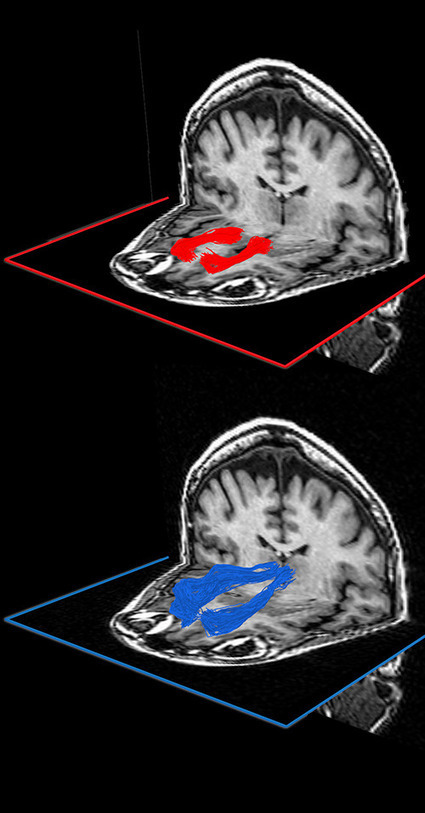Even though people tend to remember fewer details about past events as time goes by, the details they do remember are retained with remarkable fidelity, according to a new study. This finding holds true regardless of the age of the person or the amount of time that elapsed since the event took place.
Scientists studying the complex relationship between aging and memory have found that in a controlled experiment, people can remember the details about past events with a surprising 94% accuracy, even accounting for age. These results, published in the journal Psychological Science, suggest that the stories we tell about past events are accurate, although details tend to fade with time.
“These results are surprising to many, given the general pessimism about memory accuracy among scientists and the prevalent idea that memory for one-time events is not to be trusted,” said Nicholas Diamond, the study’s lead researcher, a former graduate student at Baycrest’s Rotman Research Institute (RRI), and currently a postdoctoral researcher at the University of Pennsylvania.
“These results will be helpful for understanding memory in healthy aging.”Brian Levine, Baycrest’s Rotman Research Institute
About 400 academics, including memory scientists, surveyed as part of this study estimated memory accuracy to be around 40% at best, expecting this score to be even lower for older participants or when greater amounts of time had elapsed since the events.
“This study shows us that memory accuracy is actually quite good under normal circumstances, and it remains stable as we age,” said Brian Levine, a senior scientist at RRI and a professor of psychology and neurology at the University of Toronto and co-author on the study. “These results will be helpful for understanding memory in healthy aging.”

|
Scooped by Dr. Stefan Gruenwald |
No comment yet.
Sign up to comment



 Your new post is loading...
Your new post is loading...








